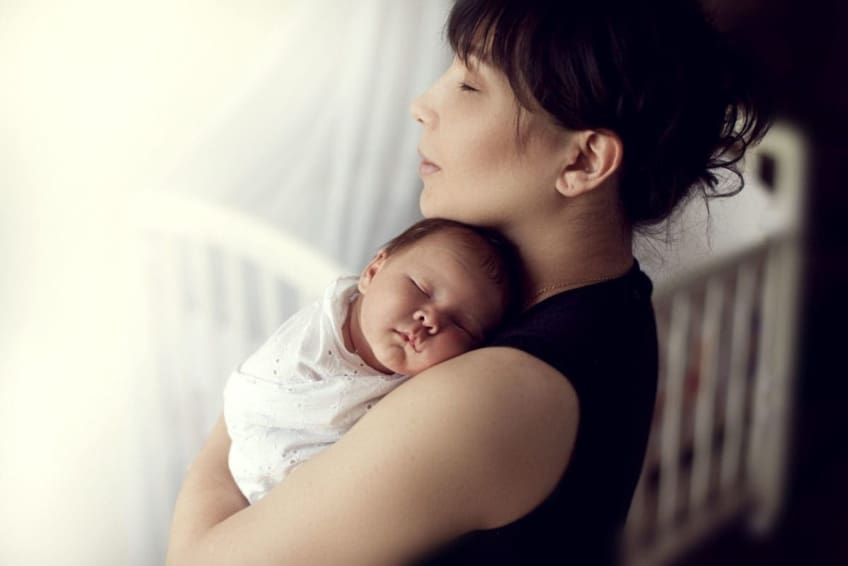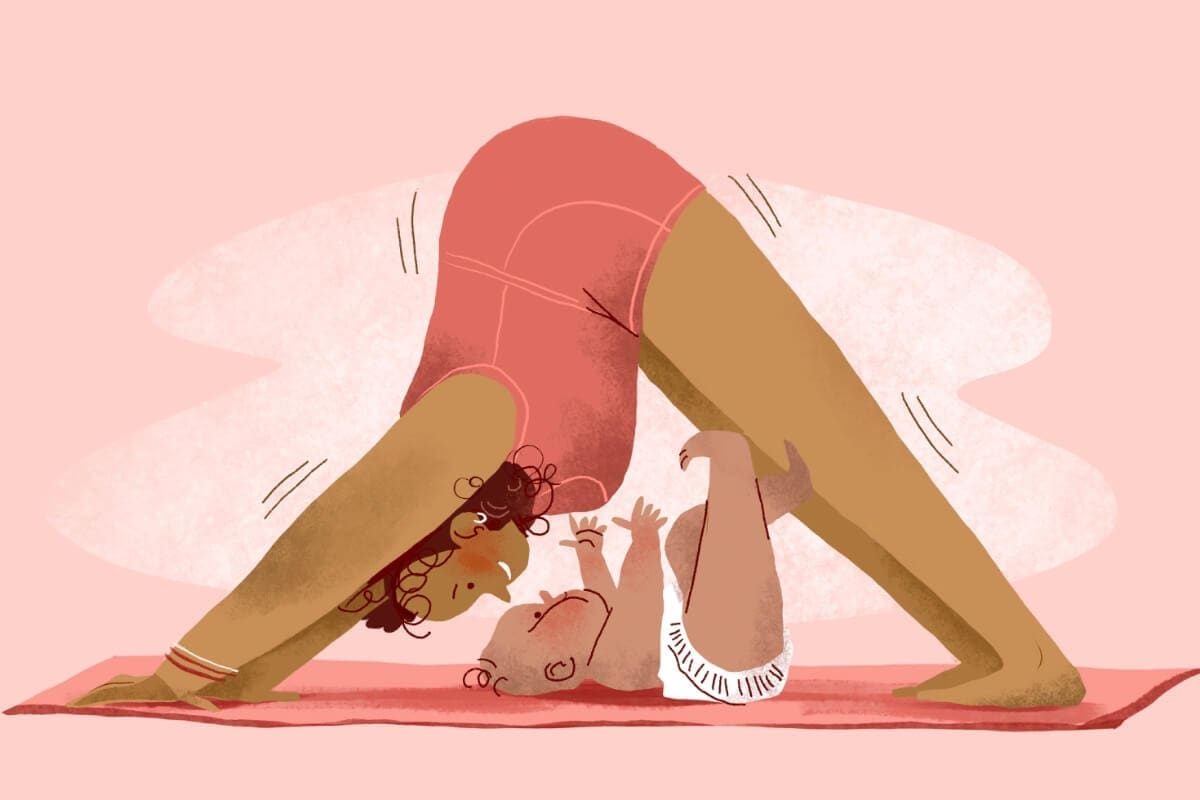
After giving birth, most women are very focused on their newborn. They don’t pay as much attention to their own health. But your body goes through a lot of changes after you give birth. There are complications that can occur. Some of these can be life-threatening. There is no way of telling which women will develop complications and which will not. So, it is important to know what these potentially dangerous complications are and their warning signs.
Path to improved health
Some of the complications that can occur in a new mother include:
Blood clots
You could develop a blood clot. These can happen in your leg, usually in the calf area. Look for these symptoms in your leg:
- Redness
- Swelling
- Warmth
- Pain
Call your doctor if you notice these symptoms.
Sometimes blood clots can travel to the lungs. This can be a dangerous condition. Symptoms to look for include:
- Pain in the chest.
- Shortness of breath.
- Difficulty breathing.
These symptoms also could be signs of a problem with your heart. Call 911 or go to an emergency room if you are experiencing these symptoms after giving birth.
Postpartum preeclampsia
Preeclampsia is a form of pregnancy-related high blood pressure. It usually goes away after birth. Postpartum preeclampsia is high blood pressure plus too much protein in the urine. It only occurs after birth. Signs that you may have it include:
- Headache that doesn’t get better, even with medicine
- Vision changes
- Pain in the upper right area of your abdomen, by your ribs
Serious complications from this condition can include seizures or stroke. Call your doctor if you experience any symptoms of postpartum preeclampsia. Call 911 or go to the emergency room if you experience a seizure.
Postpartum depression
Sometimes women feel unusually sad or overwhelmed after having a baby. If it lasts a short time, it’s probably the “baby blues.” This is common and goes away on its own. If the feelings don’t go away or get worse, it could be postpartum depression. Signs that you may have postpartum depression include:
- Feelings of extreme sadness that don’t go away
- Intense despair or anxiety
- Feeling hopeless or worthless
- Feeling like you want to hurt yourself
- Feeling like you want to hurt your baby
Call your doctor if you are experiencing intense feelings of sadness or anxiety in the weeks after giving birth. If you feel like you want to hurt yourself or your baby, call 911 or go to the emergency room.
Infection
Infection can happen anytime an open area of the body is exposed to bacteria. If you had a cesarean section (c-section) delivery, your incision (cut) could get infected. You could also get an infection if you had a vaginal birth and had an episiotomy (small cut) or tear in the perineum. This is the area between your vagina and anus. Signs of these types of infection include:
- The incision is not healing
- Increased redness or swelling around the incision
- Drainage or pus coming from the incision
There is also a chance you could develop an infection in your uterus after giving birth. Symptoms of this include:
- Flu-like symptoms
- Fever of 100.4 degrees or higher
- Swollen, tender uterus
- Bad smelling vaginal discharge or blood
The longer it has been since you gave birth, the less likely you’ll develop an infection. Call your doctor if you notice any signs of infection.
Hemorrhage
Hemorrhage is uncontrolled bleeding. It is normal to experience some bleeding after giving birth. But if you soak more than 1 pad an hour, you could be experiencing a hemorrhage. Also check to see if you pass any clots. Some clots are normal. Any clot the size of an egg or bigger could mean you have a hemorrhage. You should call your doctor right away.
Things to consider
Trust your instincts. If you don’t feel right, call your doctor. If you experience any of the symptoms of these complications, call your doctor right away. Call 911 or go to the emergency room if you have any of the following symptoms in the days or weeks after giving birth:
- Pain in your chest
- Difficulty breathing or shortness of breath
- Seizures
- Thoughts of hurting yourself or your baby
Questions to ask your doctor
- Am I at higher risk of developing complications after birth?
- What warning signs should I look out for?
- How do I know how much bleeding is normal after birth?
- What’s the difference between the “baby blues” and postpartum depression?
Resources
Centers for Disease Control and Prevention: Pregnant and Postpartum Women
![]()
Copyright © American Academy of Family Physicians
This information provides a general overview and may not apply to everyone. Talk to your family doctor to find out if this information applies to you and to get more information on this subject.










